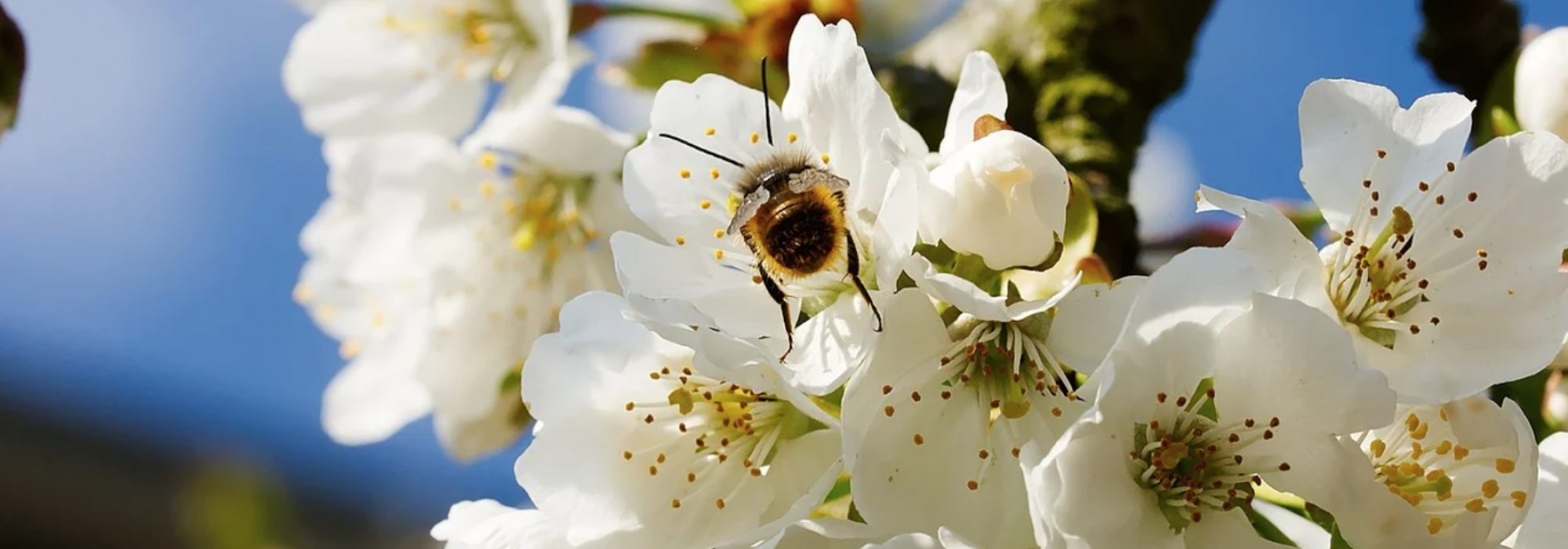
Celia Deane-Drummond discusses biodiversity and climate change in The Tablet
Key Details
“Catholic theologians and religious leaders have been caught off guard. While the message that anthropogenic climate change is putting the future of humanity in peril is finally sinking in, we have been slower to recognize the dire threat posed by humanity’s destructive impact on biological diversity.”
Celia Deane-Drummond’s latest article in The Tablet explains why biodiversity is such an urgent issue for climate change, warning that time is running out for the Church, and for the human species, to make the changes needed for our survival and the sustainability of other creatures and life systems on earth.
The concern for biodiversity loss, Celia writes, is not just a matter for scientists and political leaders, but also a profoundly moral and spiritual issue. Pope Francis pointed out in his encyclical that ecological virtues are an essential aspect of Christian discipleship, and called for humankind to care for creation. Yet, Celia points out, there is a reluctance to do this, as well as ignorance – or denial – of its importance.
Biologists warn we are heading toward the “sixth great mass extinction event”, as a result of human agency such as deforestation, industrial forms of agriculture, hunting, and pollution. As biodiversity loss is intricately linked to climate change, the loss of species and genetic diversity can destabilize the global ecosystem with devastating consequences. Celia cites National Geographic explorer-in-residence, Eric Sala, who paints a stark picture of what happens when we cut down forests:
‘”The Congo Basin forest in West Africa is one of the richest and most valuable ecosystems on the planet. One reason the Congo Basin ecosystems is so rich is that it gets such heavy rain. And here’s something fascinating about that rain: the forest itself creates it.’ The consequences of cutting down the forest are that it will quite literally dry up the water supplies for millions of people: “If we cut down that forest, that cycle will break. The rain will no longer fall in such abundance. That means no more water – or food – in Ethiopia. That’s 125 million people now, probably double that by 2050. And the Ethiopian highlands provide the water for most of the Nile. Enter Sudan and Egypt, with an additional 138 million people, and growing.”’
The example also illustrates the intricate interdependence between the earth and its people, reminding us that it is the poorest people who will suffer most. Celia writes, “The intertangled nature of human lives and ecologies renders the protection of biodiversity an issue of social justice and of life and death.” She concludes that it “will take truth-telling, discernment and the cultivation of the ecological virtues to agree and implement the radical changes that are needed.”
The article "The Cry of the Earth" is published in the 7 October issue of The Tablet. You can read the full article here.

